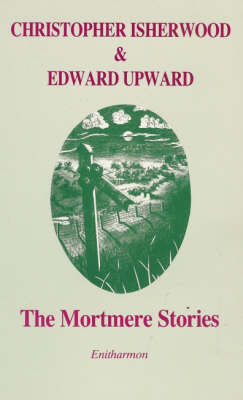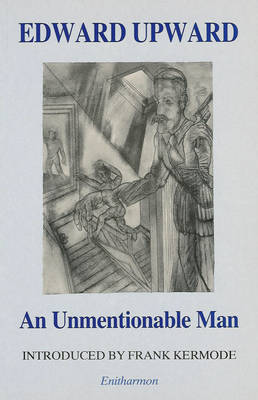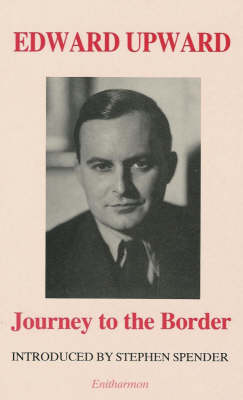Edward Upward S.
3 total works
As Cambridge undergraduates in the mid-1920s, Christopher Isherwood and his old schoolfriend Edward Upward engaged in a literary attack on the dons and the 'poshocracy' - the fashionable and well-heeled students - by creating the bizarre fictional world of Mortmere, a village inhabited by surreal characters modelled on their Cambridge friends and acquaintances. The rector, Casmir Welken, resembles a 'diseased goat' and breeds angels in the church belfry; his sidekick Ronald Gunball is a dipsomaniac and an unashamed vulgarian; Sergeant Claptree, assisted by Ensign Battersea, keeps the Skull and Trumpet Inn; the mannish Miss Belmare, domineering and well starched, is sister to the squire, and Gustave Shreeve is headmaster of Frisbald College for boys.There are engrossing accounts of the writing of the Mortmere stories in Isherwood's "Lions and Shadows" and in Upward's "No Home but the Struggle", but the stories have never before been published - with the one exception of Upward's "The Railway Accident". Dr Katherine Bucknell, the editor of W. H.
Auden's "Juvenilia: Poems 1922-28" (Princeton University Press/Faber and Faber, 1994) and of the forthcoming edition of Isherwood's journals, has written a fascinating introduction to the stories, and Graham Crowley's drawings provide a lively accompaniment to them.
Auden's "Juvenilia: Poems 1922-28" (Princeton University Press/Faber and Faber, 1994) and of the forthcoming edition of Isherwood's journals, has written a fascinating introduction to the stories, and Graham Crowley's drawings provide a lively accompaniment to them.
'These new stories give strong support to the claim that their author is 'one of the very few left-wing imaginative writers of literary ability who have not betrayed their principles'...Reflecting on his achievements in a very long career, one cannot help thinking that Upward presents in his work a reliable record of an extraordinary period of history. His unique blending of the past, in art as well as in politics, still has lessons for the future. We should be grateful that a devoted artist has lived so intensely through so much' - From the Introduction by Frank Kermode.The first four of these new short stories by Edward Upward, now in his 99th year, form a closely linked sequence - almost a single story - and could be described as 'realistic dreams'. They are vivid and often satirical, the product of long experience, but are neither cynical nor finally pessimistic. In certain inherited ways they resemble Upward's earlier fantasies "The Railway Accident" and "Journey to the Border", both also published by Enitharmon.
Of the last two stories, "Fred and Lil" is straightforwardly realistic and humanly sympathetic, while "With Alan to the Fair" deals with love, hate and political extremism in serious and in highly comical episodes.
Of the last two stories, "Fred and Lil" is straightforwardly realistic and humanly sympathetic, while "With Alan to the Fair" deals with love, hate and political extremism in serious and in highly comical episodes.
Edward Upward's acclaimed and partly autobiographical novel - printed here in a newly revised version - was originally published by Leonard and Virginia Woolf at the Hogarth Press in 1938. It relates the growing disillusionment of a politically-committed tutor who is attached to the household of a philistine and reactionary country gentleman. His revulsion at the behaviour of his employers and their friends leads him to the brink of madness, from which he is saved only by his resolve to contribute to the movement for social revolution. Stephen Spender, in his enthusiastic introduction, applauds Upward's achievement, describing him as 'a visionary of wonderful language and extraordinary power.'


